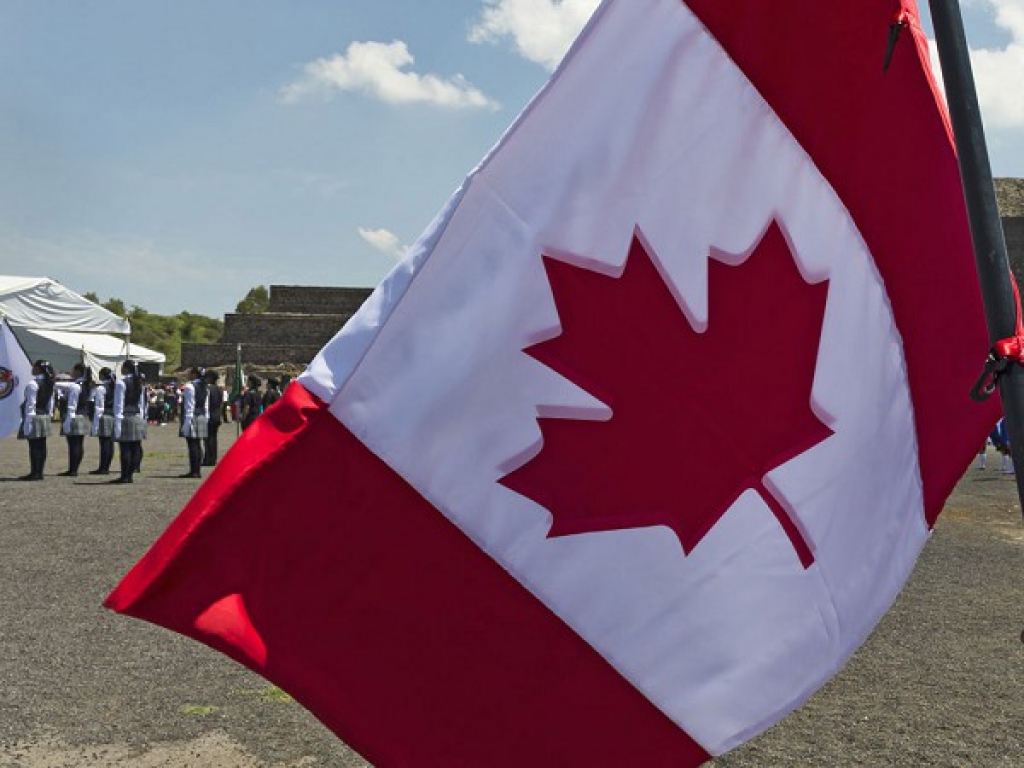Canada's top elections official keeps Oct. 21 vote date despite court challenge

OTTAWA: Canada's chief electoral officer said on Monday the national election date of Oct. 21 should not be pushed back after a federal court last week ordered him to reconsider the timing because it coincided with a Jewish holiday.
"At this late stage in the electoral cycle, I believe I must pay particular attention to the impact that a change of date would have on my ability to fully meet my statutory obligations with only a limited amount of time left before the general election," the official, Stephane Perrault, said in a statement.
While the chief electoral officer recommends the election date, it is up to the prime minister and his cabinet to decide when Canadians will go to the polls. A final decision has to be made by Aug. 1.
Canadian Prime Minister Justin Trudeau and his Liberal Party face a tight race for re-election against Andrew Scheer's Conservatives, opinion polls show.
Federal court Judge Ann Marie McDonald had ruled on July 23 that Perrault must reconsider the date after an Orthodox Jewish Conservative Party candidate and a Canadian Jewish activist filed a lawsuit.
In her ruling, McDonald said Perrault had not demonstrated that he had fully weighed everyone's constitutional rights when deciding to stick with Oct. 21, which is the Jewish holiday of Shemini Atzeret.
On Monday, Perrault said he did not question "the sincerity of the religious beliefs" raised by the Jewish community and acknowledged observant Jews "will be precluded from voting at the polls on October 21."
On Shemini Atzeret, voting and campaigning are forbidden for Orthodox Jews, who number some 75,000 in Canada, the Jewish advocacy group B'nai Brith Canada says. B'nai Brith was granted "intervener" status in the case. It had called for the date to be moved to Oct. 28.
Ahead of the court's ruling, Elections Canada had said it would seek to accommodate Jewish voters with a range of early voting opportunities and argued that moving it back by a week would cause significant logistical problems - notably access to polling sites.
In Canada, schools and post-secondary institutions are used as polling stations. Only six of the 20 school boards contacted by Elections Canada felt "very confident" they could accommodate a new election date, Perrault said.
He said the loss of those venues would hinder Elections Canada in providing "electors with proximate and familiar polling locations to meet voter demand and limit the accessibility of the election."























Comments
Comments are closed.